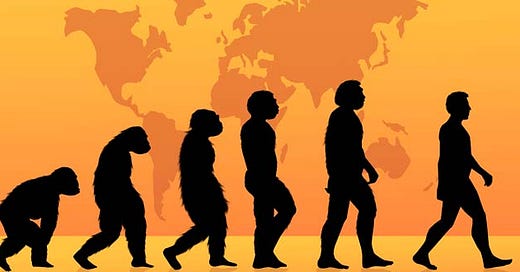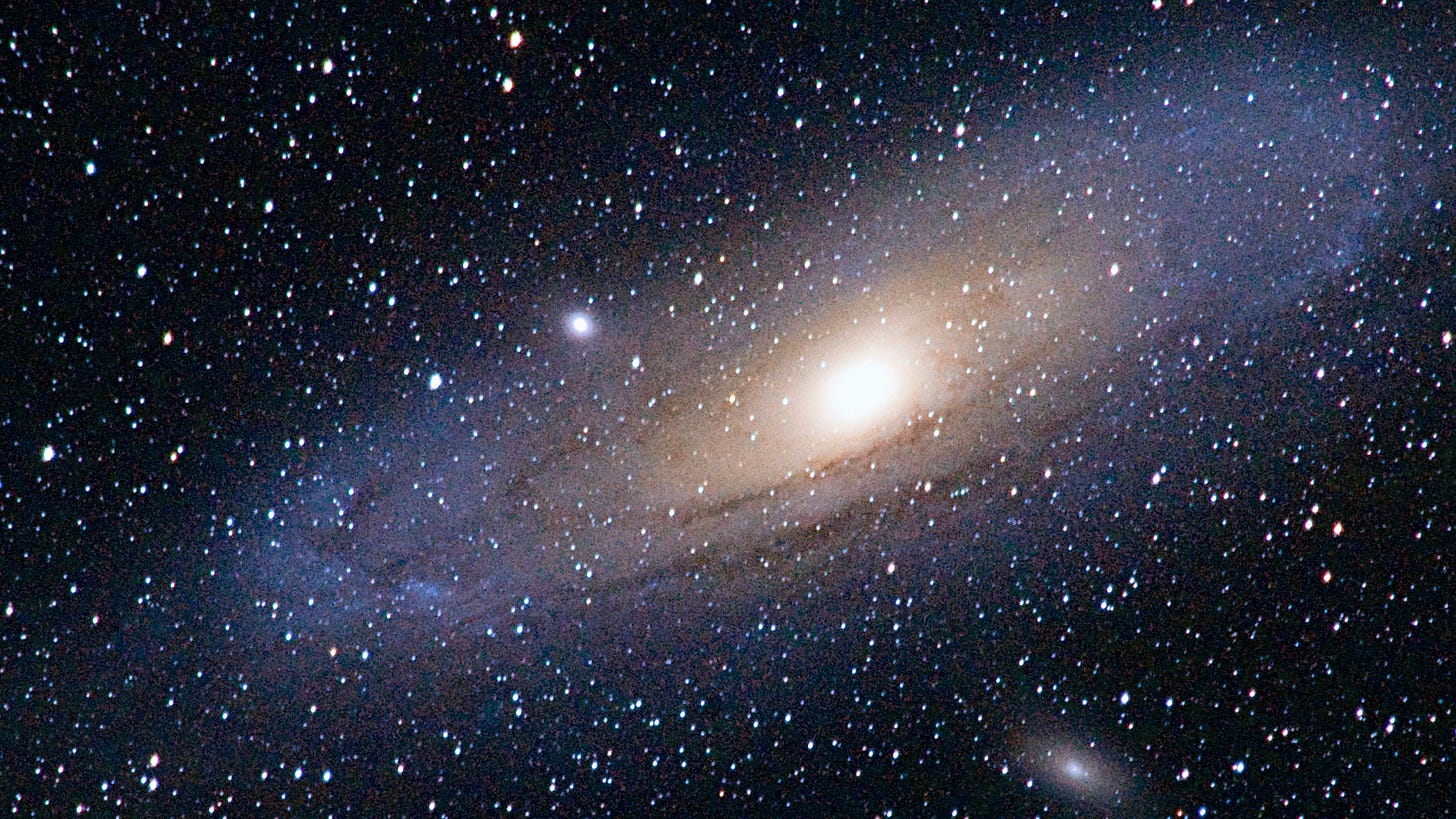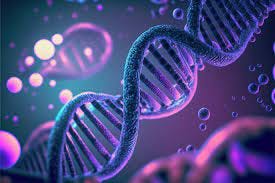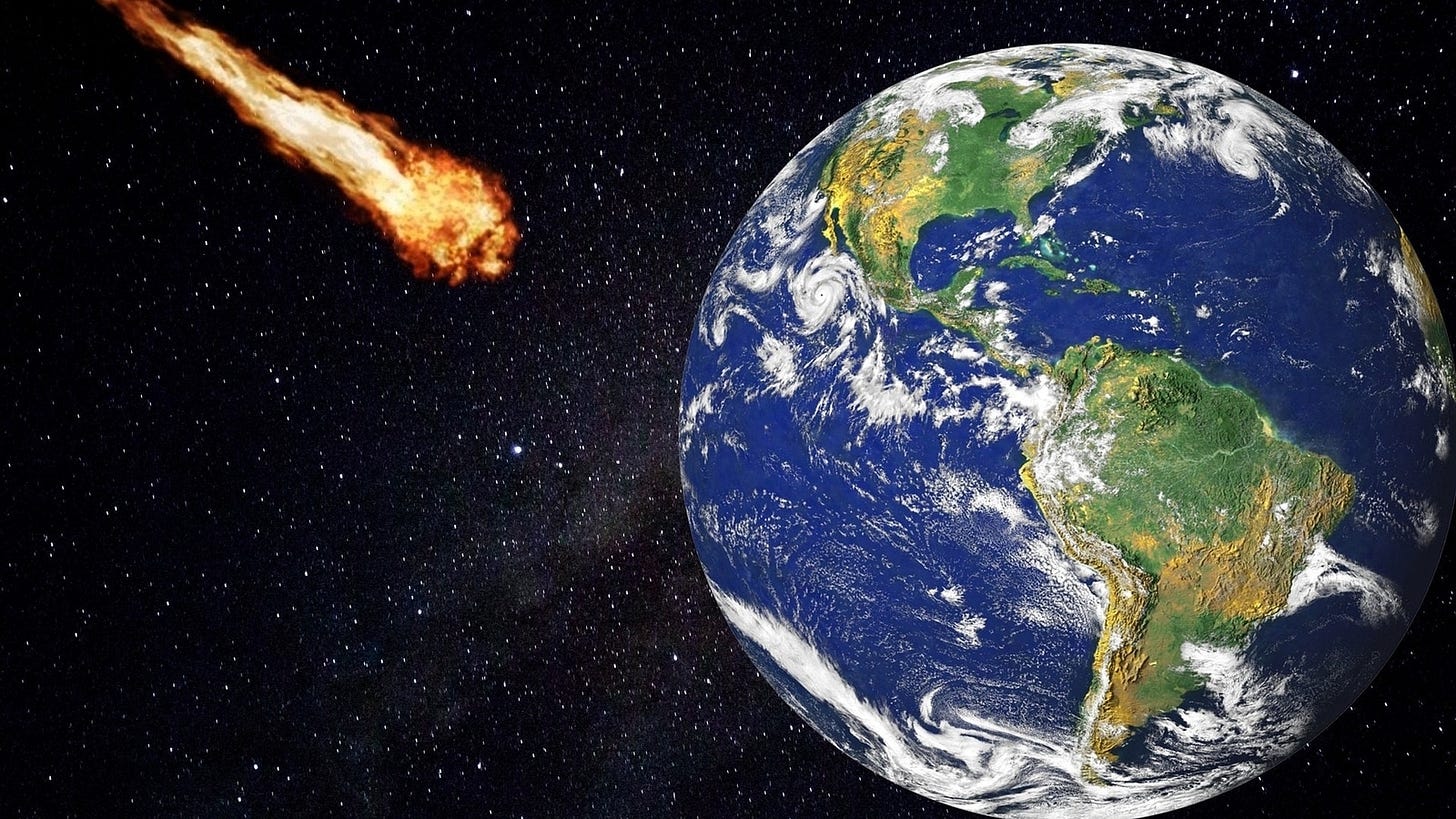How did the universe, and everything in it, including us humans, come to exist? The debate rages on! And since the government runs most of the schools in the USA (and pretty much the whole world, for that matter), this perpetual issue takes on additional weight. What shall they teach our children? I googled up “creationism in public schools”, and was astonished at all the heated rhetoric out there.
This heavy issue again become front and center recently here in my home state of Texas, as the State Board of Education is trying to decide on new science textbooks. (I am certain that other states are also facing the same dilemma.)
Regarding what to teach the kids: your favorite blogger will address that topic shortly. But first, some afterthoughts on this creationism versus evolution thing.
Does evolution happen? Do life-forms evolve and adapt? Certainly! The clearest example is in agriculture, where farmers have been using artificial selection for millennia. The result is crops that are bigger, stronger, heartier, more fruitful, more resilient. Out in nature, natural selection happens. Plants and animals that are stronger, heartier, or produce more offspring out-compete their weaker cousins, and so over time they evolve, improve, and adapt.
But that’s not what we’re talking about here.
What we’re talking about is: does evolution answer the question posed in the first sentence of this article: How did the universe, and life, come to exist? From where did we humans arise?
The advocates of pure, unadulterated evolution say: the laws of nature and physics explain it all! No supreme being or creation deity was involved.
So if I understand them, they are saying, in essence, that the universe, life, and everything therein is just one monster-sized cosmic accident. A coincidence. A fluke. Or more precisely: a huge number - a number so large that the human mind cannot even comprehend it - of accidents, mutations, and coincidences created it all. Oh, and this is a scientific fact, backed up by tons of experiments, and is testable.
Wow.
What makes this “explanation” a real head-scratcher is the observation that the universe and life and everything is so … amazing, so vast, so diverse, so incredible, so magnificent, so profound, so … well-designed. Start with the zillions of galaxies out there, each with billions of stars (and probably also planets). Here on Earth, we have oceans and continents and an atmosphere and billions upon billions of species of life. Biologists don’t even know how many species exist, because new ones are discovered daily. All of these life-forms co-exist and interact in amazing, incredible ways.
Consider the basic unit of biology: the cell. It is a miniature factory. It takes in raw materials, and produces bio-mass and energy (and waste, too). And it can reproduce itself, using information coded into this complex molecule we call DNA. Amazing! Incredible! How did it come to exist? Well, they say it was an accident …
Consider the human body, composed of multiple “systems” that keep us alive and able to reproduce. Consider just one system: the Circulatory. It has a medium (blood), some organs that put oxygen and nutrients into the blood, other organs that consume this oxygen and nutrients and put waste into the blood, and other organs that remove the waste. And a pump, and lots of plumbing to move the blood around. Amazing! Incredible! But they say its very existence is just a bunch of coincidences …
Oh and one other really cool thing about the human body: if it becomes injured, it heals itself! Amazing! Incredible!
The problem with the evolutionist’s cosmic accident explanation for it all is: it’s just not plausible. The universe, and life, is just too amazing, too incredible, too vast, too complex. Something else other than just the laws of physics must be involved here. (More on this later.)
And then there’s this claim that this theory is proven and testable. Huh? As mentioned above, we’re talking here about the creation of life, not adaptation. Has any scientist created a living life-form out of non-living matter in the lab? It should be easy, shouldn’t it? Just put the basic ingredients into a test tube, zap it with electricity, and out pops a living cell. Right?
Actually, nobody in the science community has a clue how life began. See this long-winded Wikipedia article on the multitudes of hypotheses, theories, and other brainstormed ideas. Likewise, has any scientist actually observed the creation of a brand new species, in the lab or elsewhere? Or the creation of a brand new organ or bodily system, where none existed before?
Oh and please don’t try to explain the origin of life by saying it migrated to Earth on a comet or something. That’s just deflecting the debate. If it came from somewhere else, how did it originate there?
Again I say: the evolutionist’s explanation is not plausible.
So now let’s get into the politics. What shall we teach our kids in the public schools?
Well my faithful readers should know my answer to that question. The problem is not what to teach, but rather: why should this important decision be entrusted to politicians and bureaucrats?
Currently, the political pendulum has swung over to the evolutionist’s side. They argue that any skepticism thereof is a religious opinion or something, and thus not allowed. So, in the government schools, kids are unlikely to hear any logical retorts such as the ones I made above.
Religious or not, the fact is that people and families are diverse, and have different values. A one-size-fits-all government-run education system will never work because one size does NOT fit all. Conflicts are inevitable. Get the government out of the education business. Not only would that end this perpetual evolution vs. creationism conflict (and other conflicts) once and for all, but it would also save us taxpayers a pile of money and balance a bunch of budgets.
Earlier, I mentioned that something else other than just the laws of physics is behind the vast, amazing, diverse, incredible display all around us that we call nature. Readers - your thoughts?












I'm a retired school teacher. I taught in British state schools, where religious education is the norm. Education, not indoctrination. I agree with it. It is necessary for students to learn about an important factor that shapes the human world - religion. I don't mind creationism or intelligent designer spotting being taught, but again, education - what they are, not indoctrination, and certainly not in science classes. I would use them as examples of what science isn't. The writer of the article is somewhat confused about what biological evolution is. It's not about how the world came to be. That's cosmology. It's not about the origin of life, but what happens once you have life. If you are going to teach stuff, you have to understand it yourself first.
Many points come to mind, but I'll just share a couple.
- You are conflating evolution and cosmology.
- Just because we don't have all the answers doesn't imply agency.
- Your argument against a natural explanation for the origin of the universe is, at its core, an argument from incredulity. That is to say, a logical fallacy.
- There are countless examples of "poor design" in our and other biological constructions, examples that argue *against* deliberate design.
- Even if your argument from design held water, all it would do is point at a Deistic, watchmaker god, which doesn't get us any closer to validating any of the thousands of gods of human history.
As for the teaching matter - I've long supported backpack funding, and letting parents vote. But, and this is a big *but*, using tax dollars to advance any particular religion is a violation of the Establishment Clause.